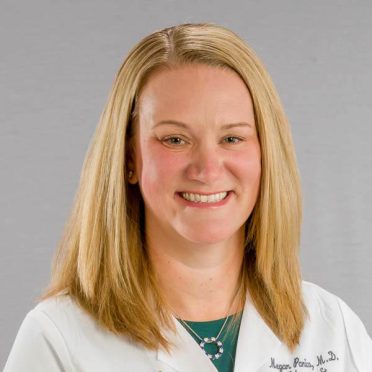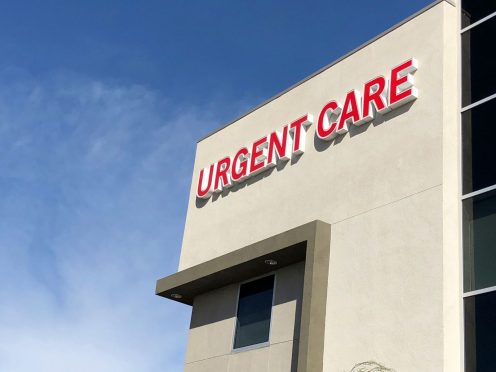While the COVID-19 pandemic has affected millions worldwide, experts warn tuberculosis (TB) could be on the rise as a result.
Data from the Centers for Disease Control and Prevention (CDC) suggests the pandemic has had a considerable effect on TB trends in the US. The reported TB disease diagnoses fell 20 percent in 2020 and remained 13 percent lower in 2021 than those made prior to the COVID-19 pandemic, according to preliminary CDC data.
Megan L. Panico, MD, a pulmonologist with Hartford HealthCare’s Medical Group, said the decline in TB rates is multifactorial. On a positive note, there has been a decline in all respiratory illnesses over the last few years.
“The decline in respiratory illnesses is due to masking and social distancing efforts. Unfortunately, this has led many people who were at risk for TB to avoid seeking care,” Dr. Panico said. “Resources were not always accessible for patients as many clinics were closed or redeployed during the pandemic. Some people assumed all of their respiratory symptoms were COVID-19 related, ruling out TB entirely.”
TB is an infection caused by slow-growing bacteria that thrive in areas of the body with lots of blood and oxygen. Most commonly affecting the lungs, TB can lead to debilitating respiratory infections that can be life threatening. A delayed diagnosis increases the chance of other organs becoming involved.
Common symptoms of TB may include:
· A cough that brings up thick, cloudy and sometimes bloody mucus from the lungs for more than two weeks
· Shortness of breath and chest pain
· Tiredness and weight loss
· Night sweats and a fever
Dr. Panico said the best way to treat TB is to prevent infection in the first place. According to the CDC, prevention measures include avoiding close contact or prolonged time spent with known TB patients in crowded, enclosed environments such as clinics, hospitals, prisons or homeless shelters, while traveling abroad.
The US Preventive Services Task Force (USPSTF) recommends TB testing for people at increased risk for TB infection. These may include those who:
· Live with or spend time with someone who has TB
· Were born in or lived in countries where TB is common
· Live or have lived in crowded conditions where TB can easily spread, such as nursing homes, homeless shelters or correctional facilities
· Work in a hospital or nursing home
You may also be tested for TB if you have HIV, other medical problems or misuse drugs or alcohol.
“TB prevention is of utmost importance for both personal health and the health of the community,” Dr. Panico said, “one person who has active TB has the potential to infect many more depending on how active they are in the community.”



